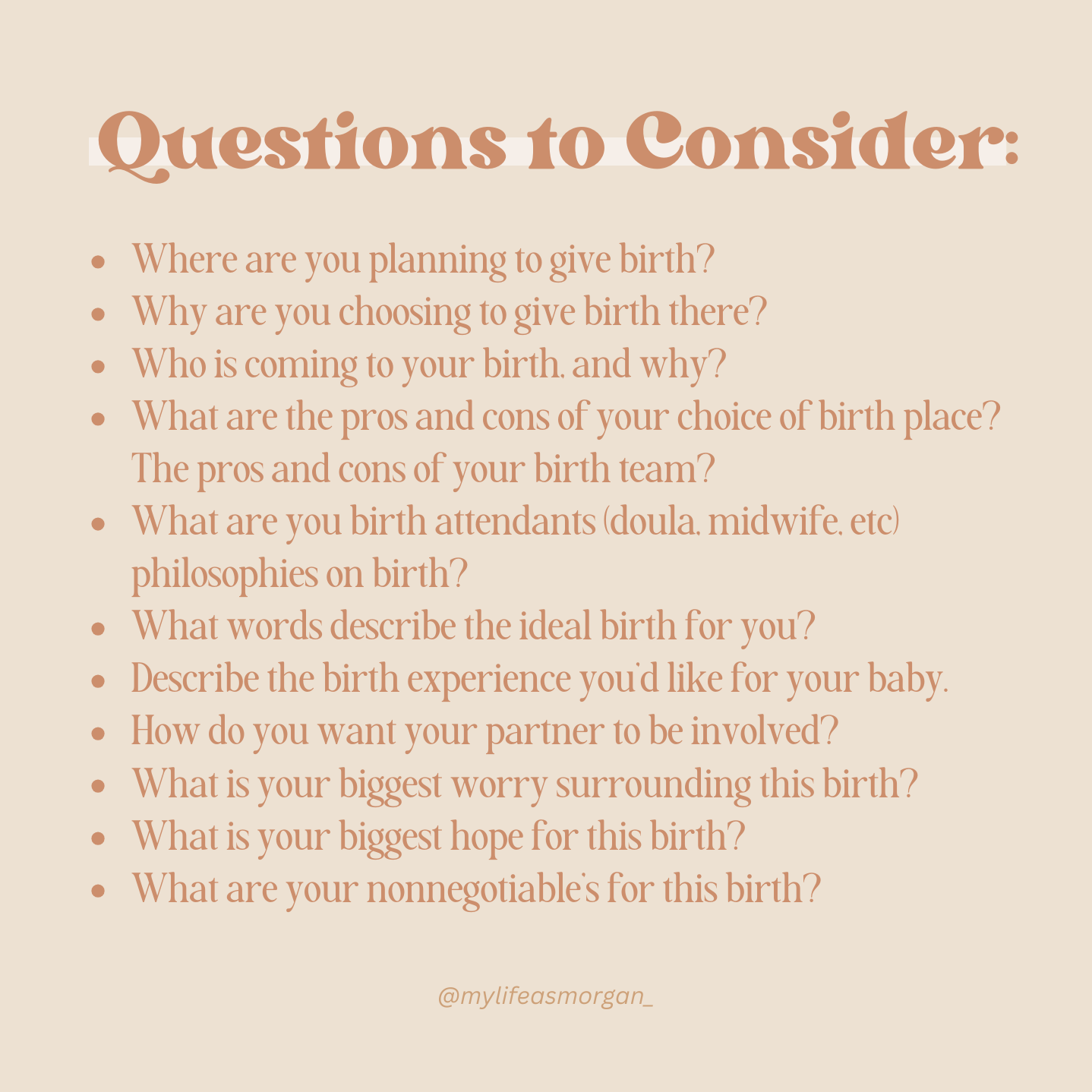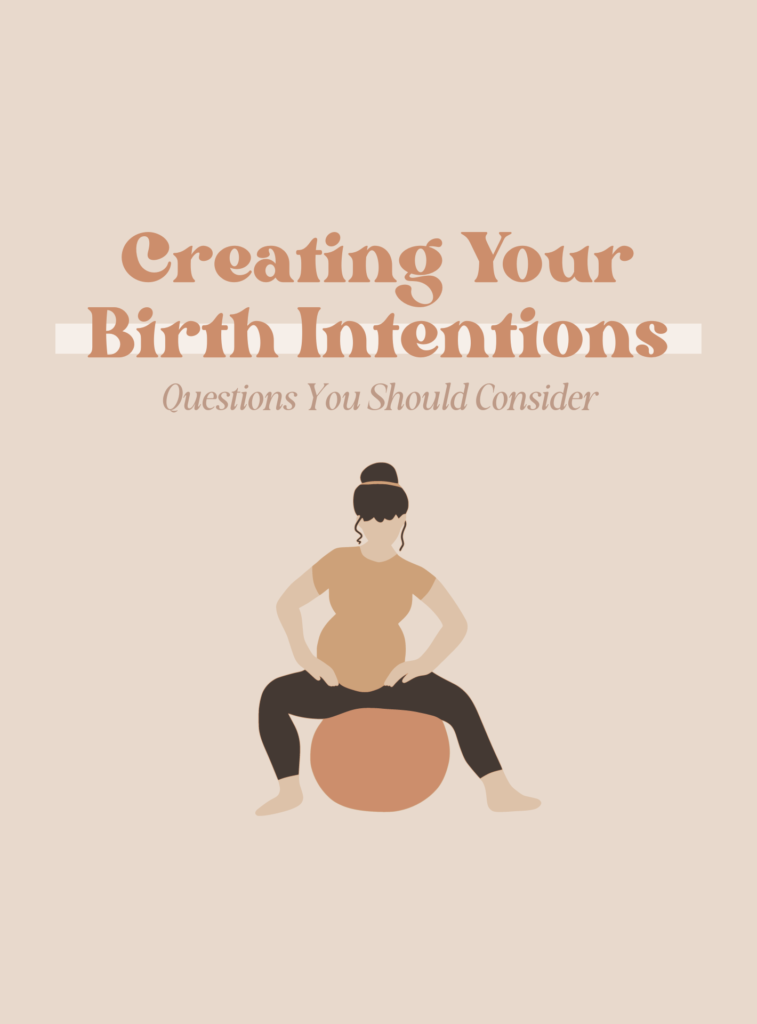I remember during my first pregnancy I scoffed at the idea of creating a birth plan. I figured I would be able to advocate for myself and stick to my “original plan”: an unmedicated birth. The only caveat was that this plan had an “if” at the end. “…If I can handle the pain and manage well enough without it.”
Not only did I not have a birth plan, I hadn’t taken any childbirth education classes or read any books on childbirth. There was nothing I knew about birth except that it was going to be painful (well that, and that the baby would be coming out of my vagina). Otherwise, I was going in completely blind and to no one’s surprise, it bit me in the end.
While I thankfully did not end up with a c-section– although it was “suggested”– I did receive an epidural that inevitably slowed my labor and required some pitocin to help “get it going” again. Prior to my epidural I fought every contraction. I feared moving and didn’t allow gravity to work with me. I showed up in the earliest stage of labor; so early in fact that they told me they would be sending me home if I didn’t progress another centimeter after walking the halls for an hour.
Everything that you could do wrong, I did.
Had I had a birth plan and taken any time at all to understand what physiologic birth looked and felt like, my first birth could have been an unmedicated, beautiful hospital birth. And since hindsight is 20/20, I want to use what I’ve learned from what I didn’t do and help other mother’s avoid making the same mistake.
Before you begin…
First consider my choice of the word “intentions” for the title. This could be interchanged with “preferences” and would mean the same thing. I believe that language is important and often the word “plan” makes us feel as though we have to check off every box of “what we wanted” to have had the birth of our dreams. This simply isn’t true.
Not only that, it’s important to remember that every birth is different. There is always room for unforeseen variability and it’s wise to leave some for it. We should always plan for the birth of our dreams, AND feel confident in the fact that we were educated about all of our options in order to advocate for ourselves if plans do have to change.
That said… Take your time and ponder these questions. Don’t feel as though you have to answer them quickly, or in a way that society tells you that you should. Tune out all of the voices and unwarranted opinions. Ask yourself, “what does this question mean to ME?” Birth is a deeply intimate, personal experience and your answers should reflect that. Additionally, trying to set these intentions early on can help you to find providers and support that fully align with your views and who will respect your wishes.
Questions to Consider:
- Where are you planning to give birth?
- Why are you choosing to give birth there?
- Who is coming to your birth, and why?
- What are the pros and cons of your choice of birth place? The pros and cons of your birth team?
- What are you birth attendants (doula, midwife, etc) philosophies on birth?
- What words describe the ideal birth for you?
- Describe the birth experience you’d like for your baby.
- How do you want your partner to be involved?
- What is your biggest worry surrounding this birth?
- What is your biggest hope for this birth?
- What are your nonnegotiable’s for this birth?


